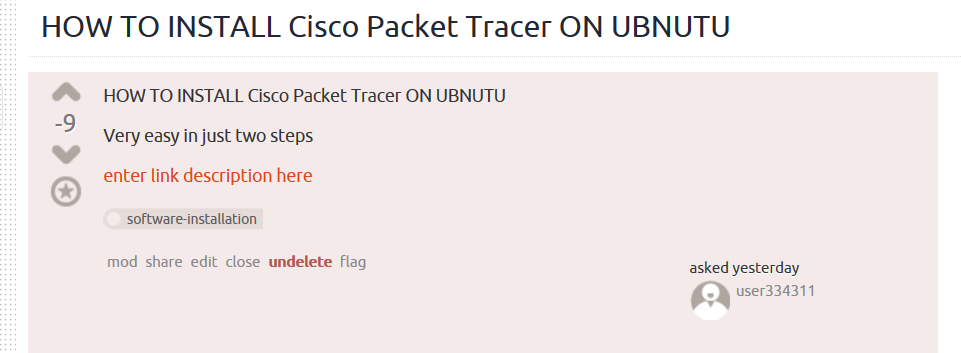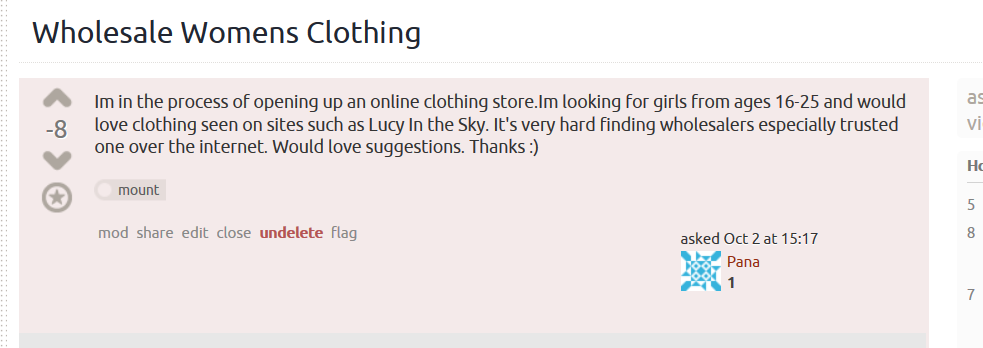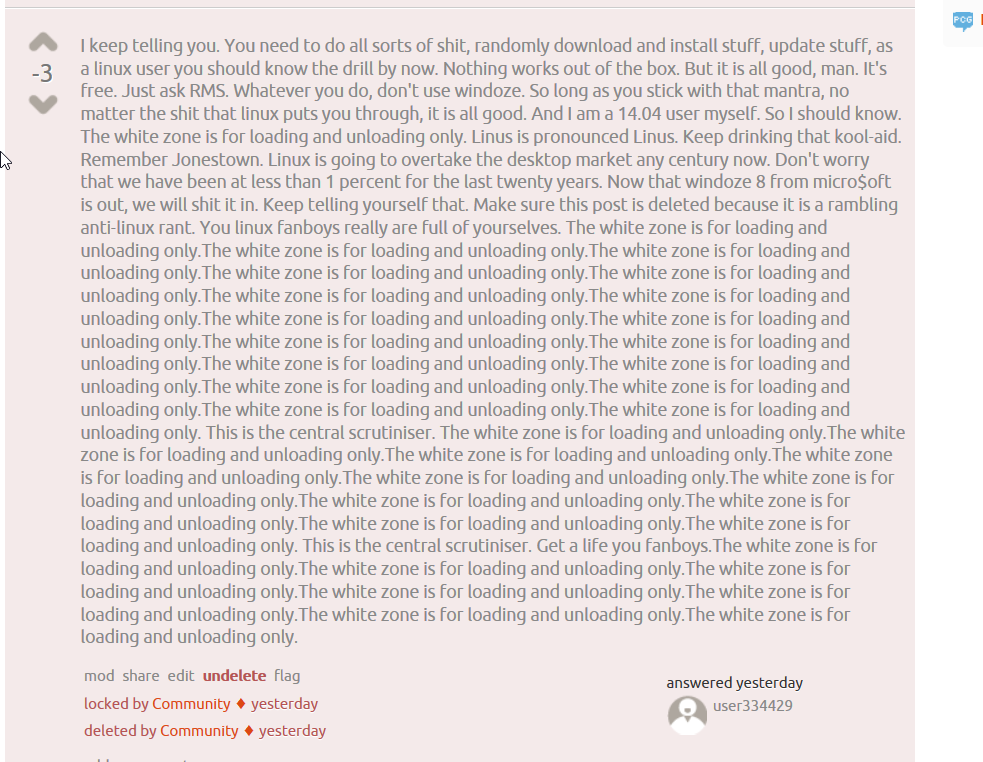Lets start with the definition of a spam flag:
This question is effectively an advertisement with no disclosure. It is not useful or relevant, but promotional.
That's a good start. Now we can ask ourselves
Is this an advertisement? Does it read like an advertisement? Spam usually sounds very promotional.
Is there a disclosure? (i.e. "I work for this company" or "I wrote this program")
Is it even Linux software? (most spam we get is actually for non free Windows software, which makes this easy)
Does it answer the question? Spam is often posted on questions asking for software, but it isn't always. Someone recommending a VPN service on a question about getting a VPN to work through a proxy is not a real answer and most likely spam.
Where do the links go? If it is a legit site (github, pastebin, gist, launchpad, etc) then it is probably fine. If it is a shortened link (goo.gl, bit.ly, etc) then it is most likely spam. Tread carefully here.
Is it a bunch of nonsense, like a troll would post? This isn't exactly spam by the pure definition, but we consider it spam here.
Some examples of spam:

This was actually posted on this question What is the best way to bypass China firewall to allow SSH deploy@**.com, which, as you can see, is suspicious right away because the question is not asking for a VPN recommendation (which would be off-topic anyway).

Packet tracer is non free software so this should be setting bells off already. Answered inside the question? Hmm. I have to follow a link to get the answer? Not good. The link leads to some strange website with a bunch of arabic in the URL? By this time you should be able to tell this is definitely spam.


This should be fairly obvious.

Mention of payment and an unknown website? Definitely spam. Even if it wasn't though, we would want to delete it because all it is is a link.
Spam isn't necessarily advertisements either. Nonsense posts can be flagged as spam as well.

So if you see posts that you think are spam please flag them, but don't edit them.






